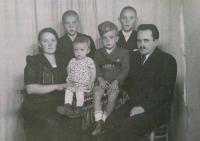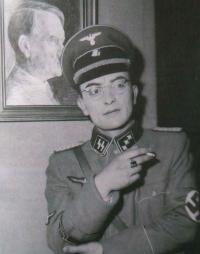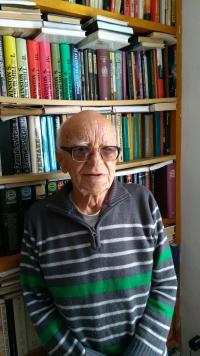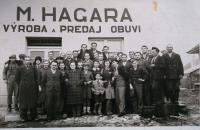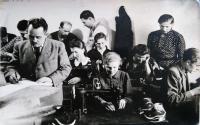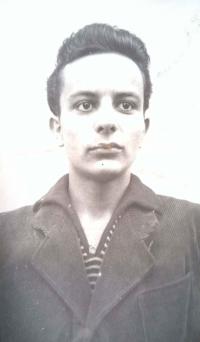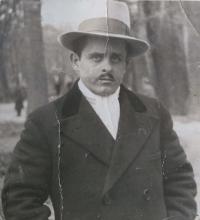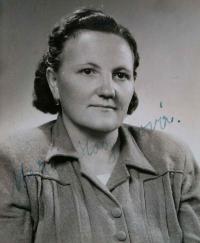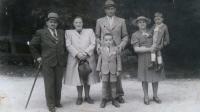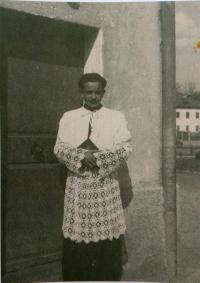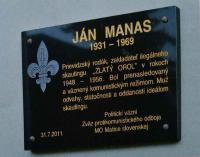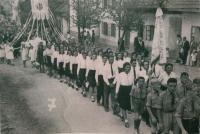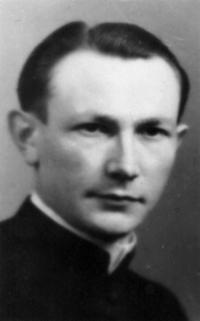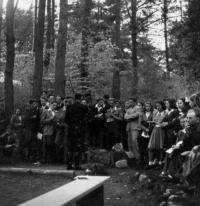„The truth always remains the truth; it can never be deformed, nor denied.“
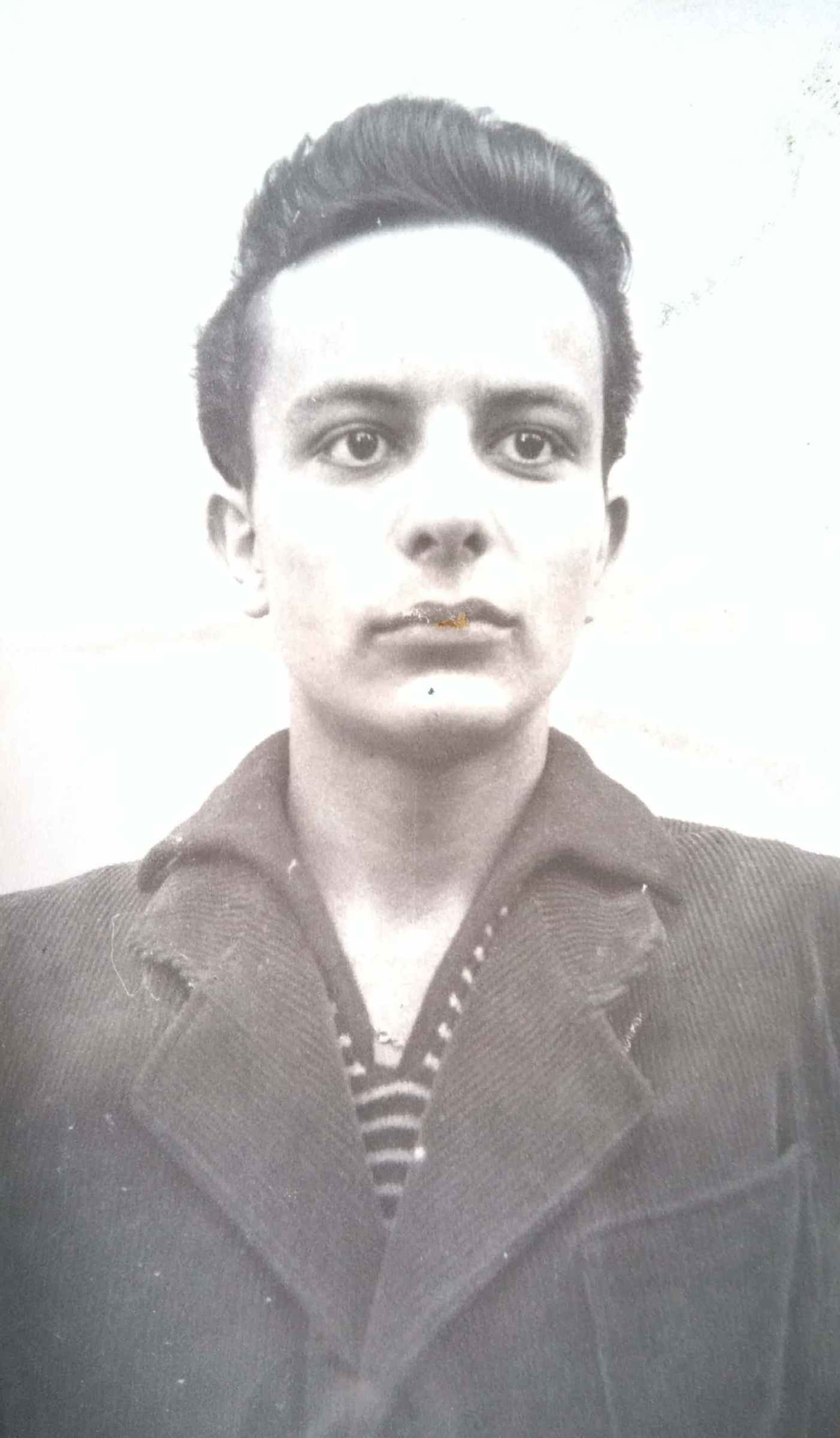
Stáhnout obrázek
Martin Hagara was born on September 17th, 1934, and comes from a family of six children. He grew up in Nováky. His father Michal Hagara led a shoe production business, and his mother, Mária Hagarová, née Čikkelová, was a housewife. Since his early childhood, Martin inclined towards the ideas of Scouting. After the communist takeover and banning of all the scout organizations, together with his friends, he founded an illegal scout organization named „Zlatý Orol“ (Golden Eagle). He was in charge of its branch in Nováky. During Christmas of 1950, he was arrested and after an extensive investigation, as a juvenile, he along with the other members sentenced to 2 years of imprisonment for high treason. At first, he was in remand centre in Nitra and Bratislava, then he served his sentence in juvenile prison in Hlohovec, and after he turned 18, he was moved to Leopoldov prison. In 1952, he was released. During the whole period of communist rule, he was politically persecuted. After the Velvet Revolution in 1989, he was engaged in the Christian-Democratic Movement, worked as a director of District Labor Office in Prievidza, and later as a general director of the National Labor Office. He was active in Confederation of Political Prisoners of Slovakia and to this day, he is the head of Prievidza‘s branch of an organization called Political Prisoners - Union of Anti-Communist Resistance. Since 1994, he lives as a pensioner together with his wife Vlasta Hagarová, née Švarcová, in Bojnice.
